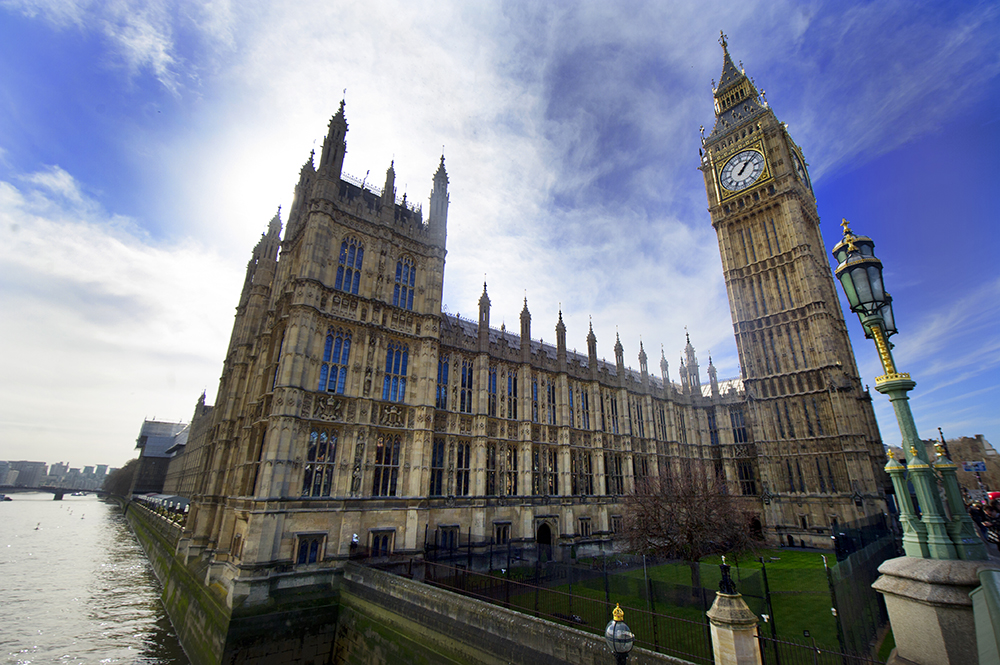The UK parliament has declared a “climate emergency”, though the legislative and policy implications of the indicative motion remain unclear.
Westminster became the third of the UK’s legislatures to declare to give the state of the climate “emergency” status, following the Scottish parliament and Welsh Assembly. Dozens of councils have also declared climate emergencies.
Labour leader Jeremy Corbyn, who brought the motion to parliament, said MPs unanimously accepting the statement meant the UK could “make clear to Donald Trump that he cannot ignore international agreements and action on the climate crisis.” MPs accepted the motion without a vote last night.
Environment Secretary Micheal Gove, speaking for the government, said he accepted “the situation we face is an emergency,” but did not formally back Labour’s calls to declare it. He called on all parties to agree ways the UK could continue to be a leader on climate change.
The motion demonstrates the will of the house, but has no immediate policy or legislative implications.
Read more: ‘Climate Emergency’: How Extinction Rebellion’s Language of Urgency is Shaping the Political Agenda
The declaration came the night before the government’s official scientific advisor, the Committee on Climate Change (CCC), recommended the UK aim to reach ‘net-zero’ emissions by 2050. Activists including Extinction Rebellion, for which declaring a climate emergency was a core demand, say the deadline to go net-zero should be much earlier.
The declaration was broadly welcomed by campaigners, who said the government now needed to turn words into action.
Tom Villa, a campaigner with Christian Aid, said in a statement:
“MPs from all parties and the Government itself need to turn this declaration of climate emergency from warm words into tangible actions including a massive scale-up of public investment, both in the UK and overseas, to cut greenhouse gas emissions.”
“Most of the people facing droughts, floods and rising sea levels, have not caused this climate emergency. What they need now is much more radical action from countries like the UK,” he said.
Calls for more radical action were echoed by other campaigners. Tytus Murphy, a campaigner with 350.org, said in a statement:
“It is not enough for politicians to say that we need to move to net zero emissions quickly – this has been known for years. What is needed now is for MPs to support specific policy and regulatory measures that bring about the end of fossil fuels over the next two decades, and forge the cross-party consensus for these measures that will ensure they are translated into legislation.”
“This requires an immediate and permanent ban on fracking, bringing the North Sea Oil and Gas sector into managed decline, rejecting Drax’s application to convert its coal-burning units to gas, kicking the third runway at Heathrow into the tall grass, ending UK finance that funds fossil fuel exploration and extraction around the world, and divesting pension funds from fossil fuel companies,” he said.
Image: UK Parliament/Flickr CC BY–NC 2.0
Subscribe to our newsletter
Stay up to date with DeSmog news and alerts






